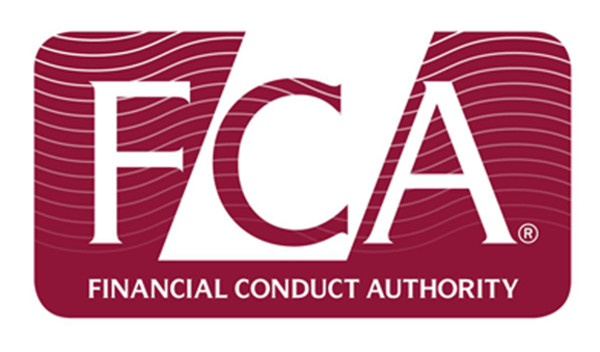

The Financial Conduct Authority has brought 'second-charge' mortgages into line with 'first-charge', by stating that interest rate stress tests will be applied as well as mortgage advice and selling standards.
Second charge mortgages are secured against a property behind the existing loan - the first charge. This means that in the event of the property being repossessed, the first charge lender has first call on the sale proceeds
The FCA final rules of the implementation of the mortgage credit directive, published today (27 March), revealed that the vast majority of respondents were in favour of applying an interest rate stress test to second charge mortgages, recognising the need to appropriately assess affordability.
Despite this, some industry representatives were concerned that applying a stress test would prevent some consumers from being able to demonstrate affordability for a second charge mortgage.
“This could prevent them from consolidating debts, leaving them stranded on unsecured products with higher interest rates, which some respondents felt could be a worse outcome than consumers being unable to afford their mortgage following an interest rate rise,” the paper read.
In total, two respondents suggested that an interest rate stress test should only be applied where a consumer was increasing their overall borrowing and not where they are consolidating existing debts.
The regulator’s response was that the intention of its rules and the MCD is to prevent consumers from taking on mortgage debt that is foreseeably unaffordable, for example as a result of an expected interest rate increase.
“If a consumer has unsecured debt which they cannot afford, then it may well be a better option for them to seek help with their debts,” it stated.
All respondents agreed to the regulator’s proposal that mortgage advice and selling standards should be applied to second charge mortgages.
The document read: “Generally, respondents recognised that requiring second charge firms to sell mortgages to the same standards as first charge firms would improve consistency across the mortgage market, with more suitable sales of second charge mortgages enhancing consumer protection.
In January this year, the government published legislation to incorporate new European regulations on mortgage lending into UK law, following a consultation process which saw the interpretation of the directive broadly welcomed by the industry.
This follows a previous consultation paper that proposed that from March 2016 the regulation of second charge mortgages should move from the FCA’s consumer credit regime to be governed under mortgage rules.
Respondents to the FCA consultation agreed that being able to apply MCD sales requirements up to three months ahead of 21 March 2016 could helpfully allow a smoother transition. Firms also encouraged the regulator to offer further flexibility, by allowing them to meet the MCD rules even earlier in 2015.
It responded that the final rules will allow firms to choose to adopt the MCD rules from 21 September 2015 - three months earlier than in the consultation proposal.
With regard to consumer buy-to-let, the FCA said that it had already published a proposed amendment to the DISP sourcebook. The regulator said it highlighted this change and asked for view on it as part of the improving complaints handling process.
The regulator said that later this year it will be publishing feedback on proposed changes, along with the final rules, as part of its policy statement on consumer buy-to-let.
ruth.gillbe@ft.com



